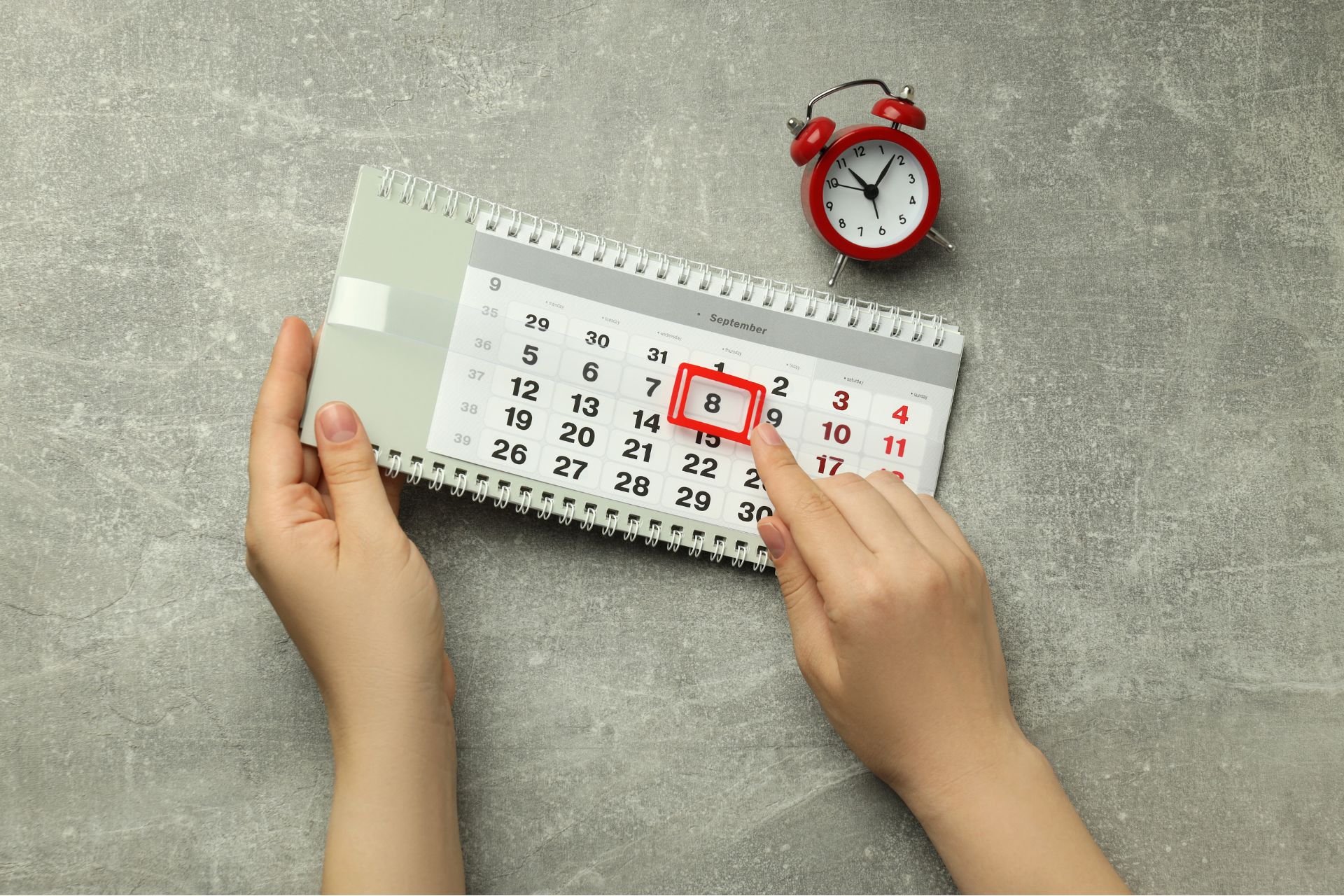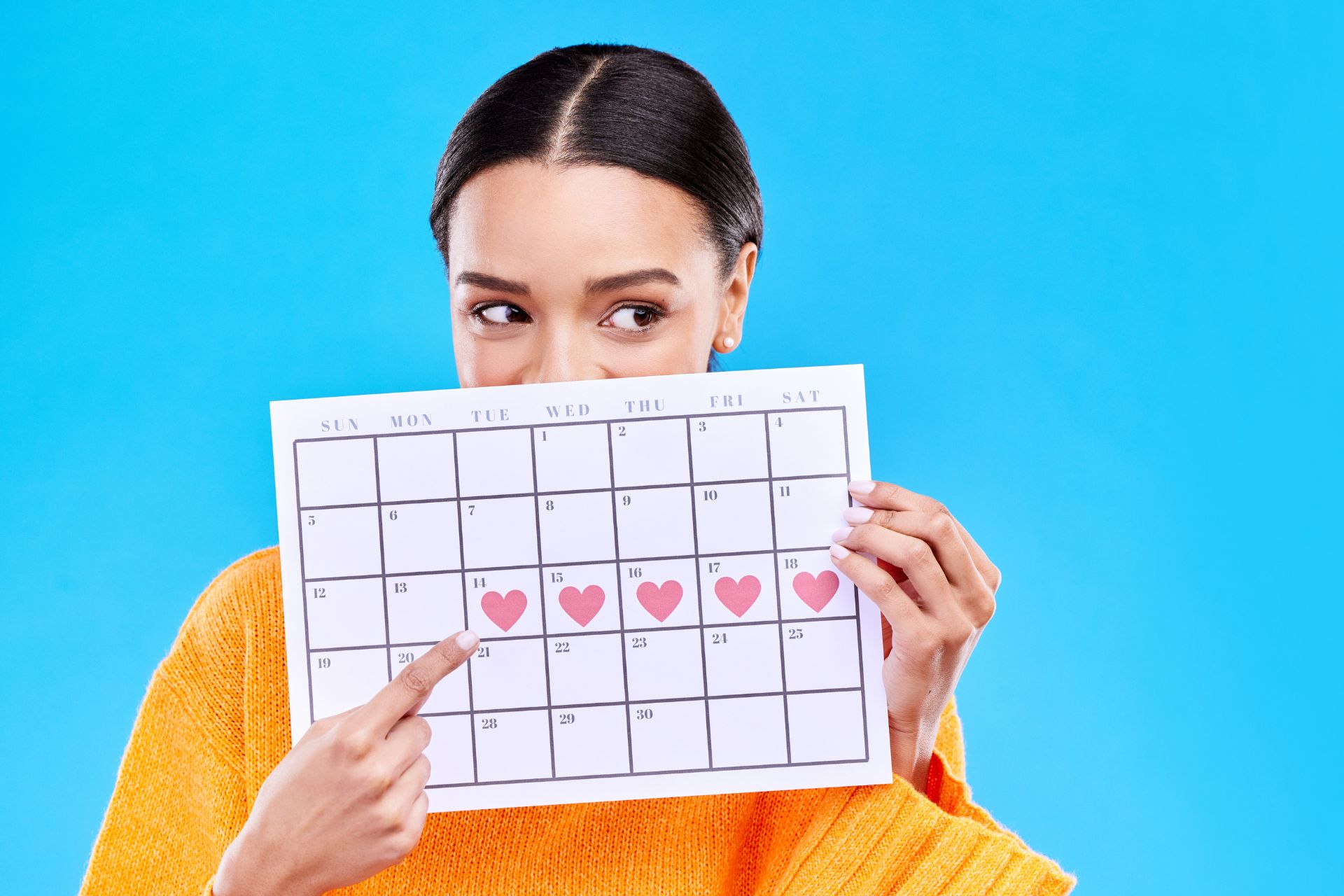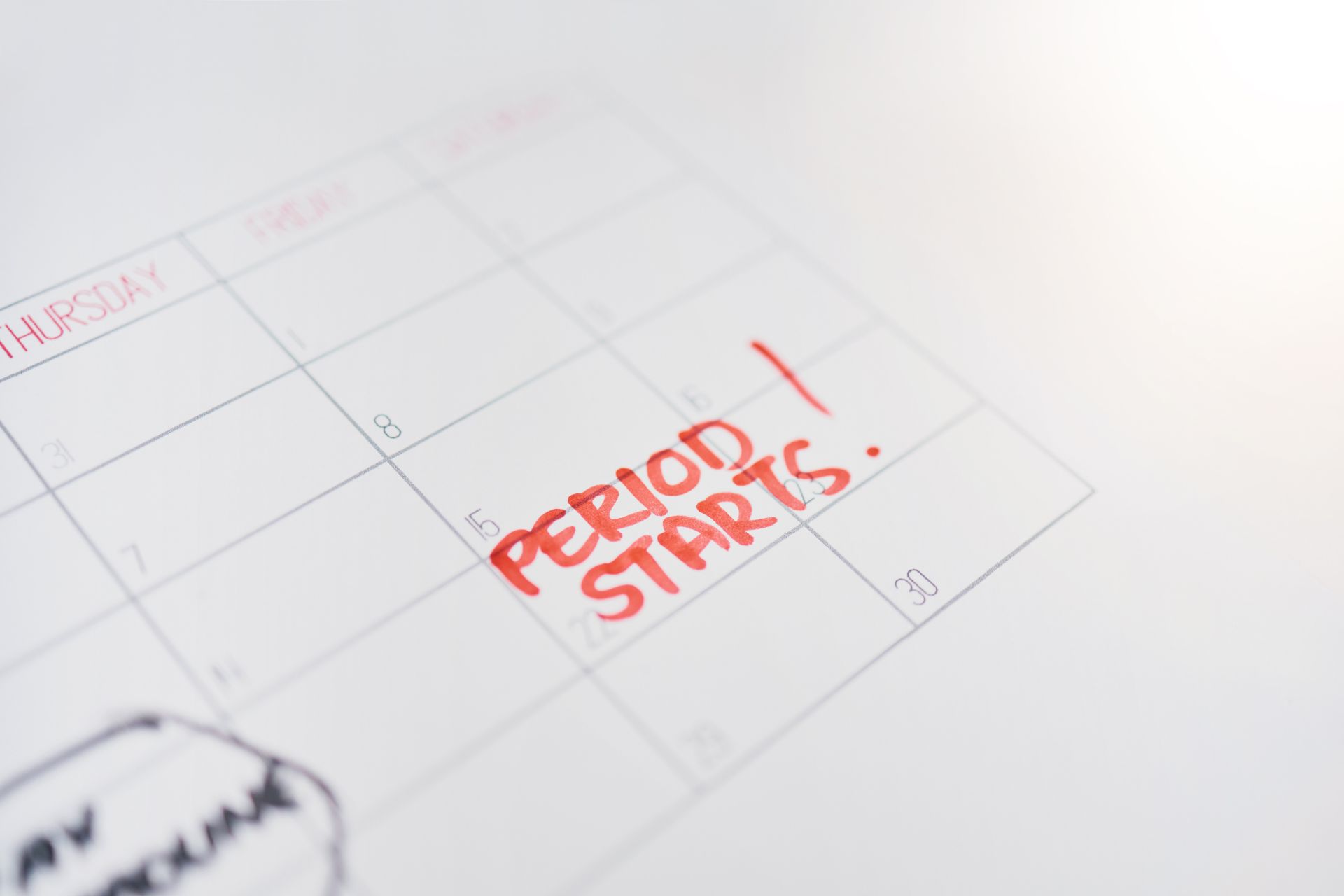Can I get pregnant before ovulation or before my period? What to watch out for

Can I get pregnant a day before my period? A friend of mine got pregnant several days before ovulation — how is that possible? He ejaculated inside me 8 days before my period — could I be pregnant?
These are common questions among women of reproductive age, whether they are trying to conceive or trying to avoid pregnancy. While it is widely known that women are most fertile during the so-called "fertile window," this doesn’t mean that pregnancy is impossible on other days without protection.
So let’s take a closer look below at the chances of getting pregnant before and after ovulation, so you know what to expect.
When is the “fertile window”?

A woman has the highest chance of becoming pregnant if she has unprotected sex the day before ovulation and on the day of ovulation itself. That’s because the egg survives for only 24 hours after ovulation, waiting to be fertilized by sperm.
However, as we’ll see below, this doesn’t mean there’s no chance of pregnancy on other days as well. That’s because sperm can survive in the female reproductive system for several days.
Can I get pregnant before ovulation?

The answer is clearly yes. Sperm can survive up to 7 days inside the female body. So in cycles shorter than 28 days, a woman can become pregnant even during her period.
Even if you use ovulation tests and know that ovulation is not expected for another 1–2 days, unprotected intercourse still carries a risk of pregnancy because sperm can survive and wait for ovulation.
Of course, the chances are lower than during the “fertile window,” but it’s not unheard of.
Can I get pregnant after ovulation?

After ovulation, there is a roughly two-week period during which pregnancy is no longer possible. Once ovulation is complete, the egg released from the ovaries is either fertilized or will be expelled from the body during menstruation.
So, concerns like “he finished inside me one day before my period” or “three days before my period” are, theoretically, unfounded. HOWEVER, there is one very important condition here.
To be sure that there’s truly no chance of pregnancy after ovulation, you need to have used an ovulation test. In other words, you need to know for certain if and when ovulation occurred.
Ovulation typically happens 14 days before your next period, so if your cycle isn’t perfectly regular, you can’t know for sure when ovulation occurred. Especially in irregular or long cycles, ovulation might be significantly delayed — and while you think your period is due soon, you could actually still be in your fertile window.
Therefore, if you are not using contraception, it’s extremely important to use ovulation tests to know your fertile days — whether to use them or avoid them, depending on your pregnancy intentions.
At HomeTest you’ll find ovulation tests at very low prices, so you can use as many as needed throughout your cycle and plan your family in the easiest and most natural way.
0 comment(s)